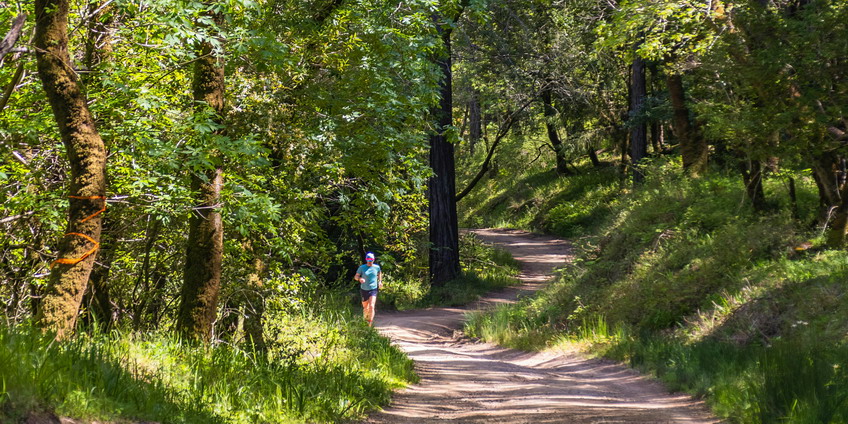007. Nature and Science

Science is a way of understanding Nature’s principles. It tends to be universal and useful knowledge, but in science nothing is written in stone. For example, in ancient times the Earth was considered to be a flat plane. Later on it was proven that Earth is actually a sphere. In geocentric system it was thought that Earth was the center of Universe, but later came the heliocentric model with Sun at the center of the Universe.
There are more examples of theories that changed the initial or previous postulates of science. Sir Isaac Newton built the foundation of classical physics with laws of motion and universal gravitation. Then came Albert Einstein and turned the whole classical physics upside down with his theory of relativity. Finally came quantum mechanics to shake the science once again, to change our understanding of Nature’s essence and make things unbelievably weird in the atomic world.
As it was usually seen throughout the history, we have some established knowledge based on proven theories and then some scientist comes up with better or wider theory. The conclusion is that no knowledge is absolute. We should believe in science, but not blindly, because it evolves over time.
Luckily, in physical training world everything is much simpler and more obvious then in fundamental science. Training studies are not so complicated and can be easily tested in practice. However, our skepticism should be preserved, as well as reasoning. Always doubt and think for yourself.
Let’s say you find some scientific research that is “proving something”. Never believe the results right away. Always ask yourself the following:
- Which institution organized and conducted the research?
- Was it paid by some agency or corporation?
- Was it a genuinely objective research or biased in some way?
- How the researchers did the modeling of the process?
- Are the measurements correct?
- Is the observed sample adequate and representative for larger sets of same elements?
- Is the research purely theoretic or could be appliable in the real world situations?
- Are there any simulations, approximations, postulates, imprecisions or other kinds of assumptions involved in the research and how they influenced the results?
- Are the conclusions logical and verified or could be in contradiction with already established knowledge?
- Is there something covertly promoted for sale?
Just ordinary questions out of curiosity and skepticism, hope you get the picture. Scientific knowledge is out there to be challenged, proven or eventually denied, so there is nothing wrong in being a skeptic.
Nature principles are not always obvious or easy to decode, especially for modern humans. We have distanced ourselves from the Nature quite a bit. Instead of going out and simply doing tasks natural for our body constitution and function, we sit by the computers or stare at smartphones and overanalyze training process. Everyone from wannabe coaches to successful pro athletes, wander through training theories, unnecessary complicated methods, overplanned programs and long lists of exercises. They do all that in attempt to discover some holy grail of quick and easy achievements.
Nature is beautifully simple and listening to it seems to be more important then thinking. That doesn’t mean that you should not think and experiment with complicated or weird stuff. After all, your life probably doesn’t depend on results, so you should have fun and enjoy training. Being bored will certainly lead to bad results, keep that in mind. On the other side, even scientists sometimes resort to experimentation, intuition, guessing or even fantasizing when they launch some hypothesis. Listening to scientists is good, because they are almost always correct. They rely on facts and logic, but their thoughts also wander and they do make mistakes. Heck, they are humans after all, although smart ones. Scientific studies could be very helpful, but it won’t hurt if you do your own thinking. What works for me may not work for you, because we are all different. Be open-minded and read studies. After reading, think about it, use common sense, “consult” Nature and implement newly acquired knowledge in practice, at least for testing purposes.

Just don’t dive deep into the science, unless you want to become a scientist. Becoming physically powerful is very simple and all you have to do is to listen to the Nature and try it. If it works for you - great! If it doesn’t work for you – forget it and move on! Simple as that. At least it should be, unless you want to make it complicated.